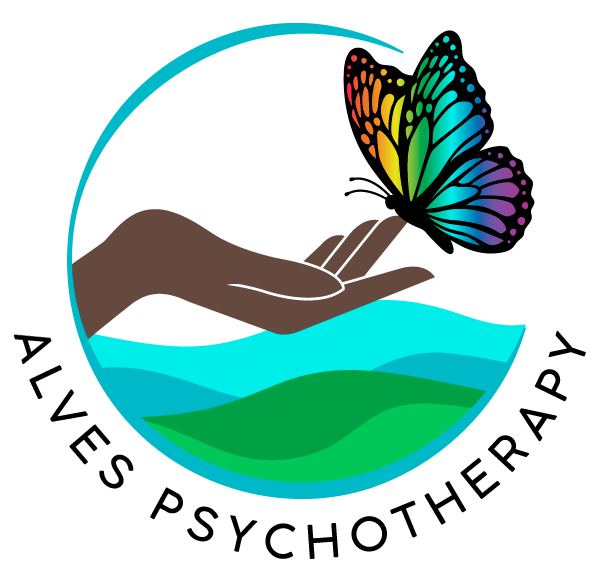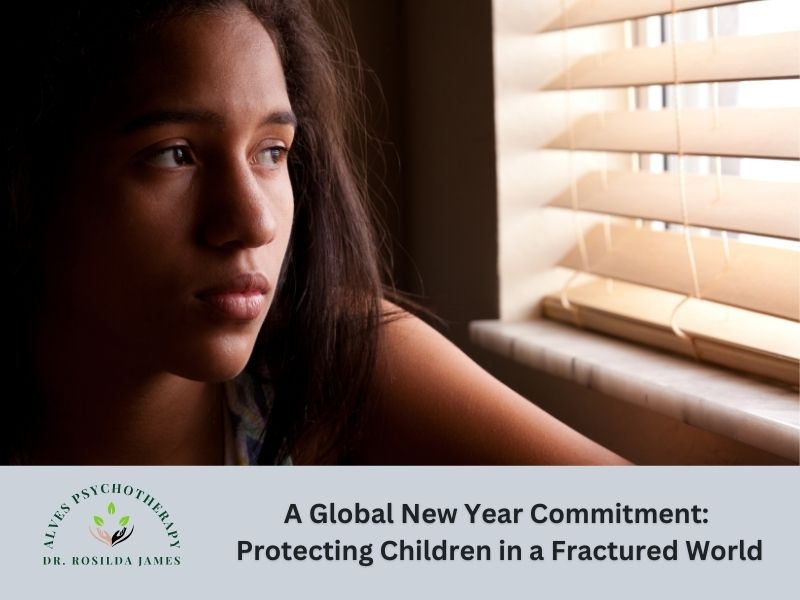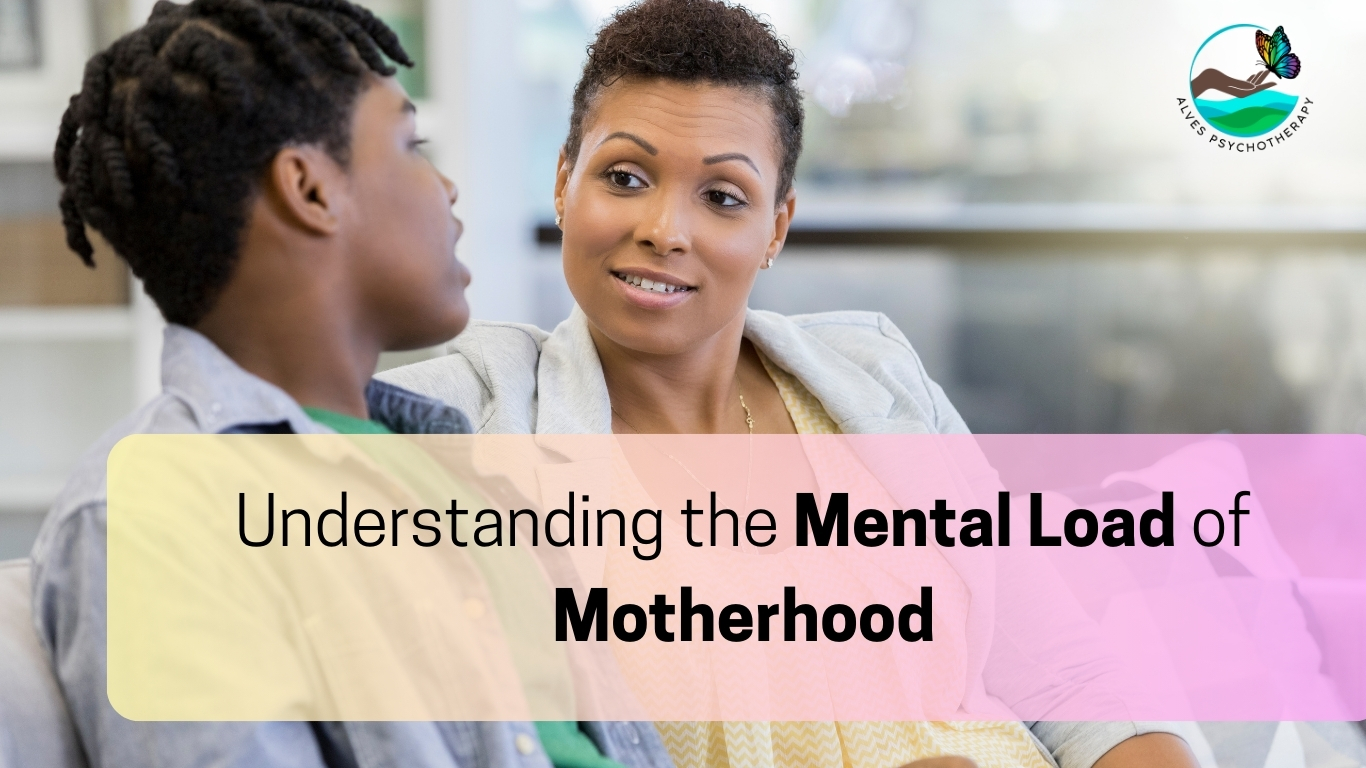Table of Contents
Related Posts
Healing from Racism: Understanding the Psychological Impacts and Finding Support
Racism affects people across many racial and ethnic backgrounds, creating unique challenges for all BiPOC (Black, Indigenous, and People of Color). While African Americans have endured centuries of enslavement, systemic oppression, and inequality, other communities of color—including Indigenous peoples, Asian Americans, Latine communities, and others—have also faced historical and contemporary forms of discrimination. These experiences contribute to the psychological toll of racism, which manifests in many ways across diverse groups.
The Psychological Impact of Racism
Racism, whether overt or subtle, creates chronic stress and trauma that can profoundly affect mental and physical health. Its effects can include:
- Fear, anxiety, and depression: Exposure to racist incidents can lead to feelings of helplessness and post-traumatic stress.
- Physical health issues: Stress related to racism has been linked to conditions like heart disease, high blood pressure, and immune dysfunction.
- Sleep disturbances: Experiences of discrimination can impair sleep quality and physiological well-being.
- Behavioral impacts: Coping mechanisms like substance misuse or avoidance behaviors are common, as are feelings of hypervigilance, low self-esteem, and difficulty concentrating.
Additionally, racism disproportionately increases inflammation in many communities, raising risks for chronic illnesses like diabetes and kidney disease. The stress of navigating these systemic inequities takes a long-term toll on both the mind and body.
Coping and Healing Strategies for BiPOC Communities
Healing from racial trauma requires intentional strategies that address mental and physical well-being.
Talk About Your Experiences
Sharing stories of discrimination with trusted individuals or support groups can validate feelings of distress and provide a sense of solidarity.
Seek Professional Support
Therapists who are culturally competent can provide a safe space to process racial trauma, develop coping skills, and foster resilience. Therapy can help unpack complex emotions and create pathways toward healing.
Engage in Social Activism
For some, channeling feelings of anger and injustice into advocacy or community work is empowering. Fighting for systemic change can also foster a sense of purpose.
Practice Self-Care
Self-care can take many forms, from meditation and exercise to engaging in creative outlets. Prioritize activities that bring comfort and restore emotional balance.
Foster a Strong Racial or Ethnic Identity
Connecting with one’s heritage, culture, and community can strengthen self-esteem and combat the negative effects of internalized racism. Positive identity development has been linked to better mental health outcomes.
Lean on Community Networks
Friends, family, and community organizations can provide emotional support, encouragement, and practical help during difficult times.
Set Boundaries for Media Consumption
Protecting mental health may require limits on exposure to distressing news or online content about racism. Curating a healthier media diet can reduce feelings of overwhelm.
Understanding Racism in Different Spaces
In Daily Life
Microaggressions and macroaggressions are pervasive forms of discrimination that affect many BiPOC individuals. Subtle yet harmful comments, assumptions, or behaviors can accumulate over time, causing stress and undermining mental health.
In the Workplace
Discrimination in professional settings often takes the form of stereotypes, exclusion, or bias. These dynamics create an emotionally taxing environment, making it challenging for BiPOC employees to thrive.
The Role of Professional Guidance
Addressing racism’s impacts goes beyond personal resilience. Professional therapy provides structured strategies to navigate emotional responses, develop coping mechanisms, and work toward healing.
Dr. Rosilda Alves at Alves Psychotherapy supports individuals in processing the psychological effects of racism. Her compassionate, inclusive approach helps clients regain balance, build resilience, and reclaim their mental well-being.
If you are navigating the challenges of racial trauma, know that help is available. Reach out to begin your journey toward healing and empowerment.
It’s time for a paradigm shift…
THE GARDEN OF SECRETS: HOPE & HEALING
The Garden of Secrets is a groundbreaking book by Dr. Rosilda Alves that provides hope, encouragement, insights, and avenues to start the long-overdue dialogue on sexual abuse. It is time for a paradigm shift in our collective cultures to provide safety, love, and protection for women and children.
Dr. Rosilda Alves, a courageous champion for the children of Cabo Verde and all survivors of sexual trauma, confronts every taboo and breaks through the shadows to shed light on the real pain of victims. Yet, she provides a way out with powerful pathways to healing. This book is a gift, and we should be grateful.



